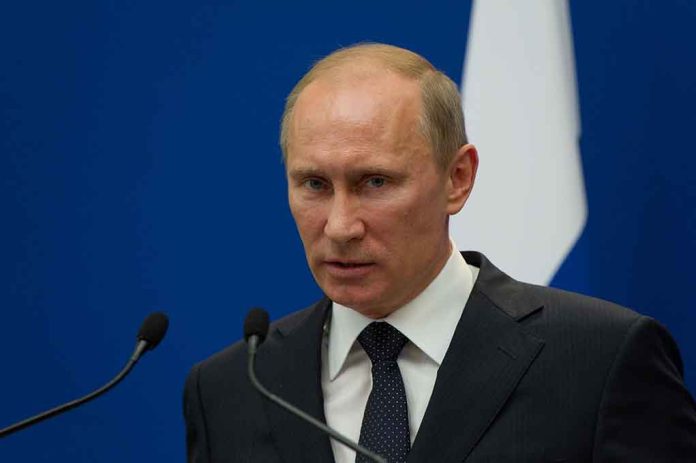
(NewsInsights.org) – Russia’s war on Ukraine has held far more unexpected consequences for the nation than leaders might first have anticipated. Declines in population and the available workforce prompted President Vladimir Putin to suggest something radical in economically unstable times during his plenary speech to the World Russian People’s Council: Women should have more babies — a lot more. The Kremlin leader suggested four at a minimum but reminded women that their traditional Russian grannies often gave birth to as many as eight children.
For decades, Russian leaders, including Putin, have fought declining birthrates partly due to the pressures exerted by the transition from the Communist Soviet regime to a free market regime, according to some sociologists. However, the war has caused nearly a million people to flee the country, and suspected battle casualties run from 50,000 at the low end to as many as 290,000 killed or wounded, according to a British Defence Ministry estimate.
In his plenary speech, delivered on Tuesday, November 28, Putin emphasized the cultural diversity within Russia and the strong tradition of maintaining religious ties to guide moral values. Yet, he also pointed out that having strong, robust families contributed to the health and moral fiber of the nation, as well.
Putin said that while many of the nation’s ethnic cultures enjoyed families with four and five children, he recommended that women remember their strong Russian grandmothers and great-grandmothers. He said they often “had seven, eight, or even more children.” The Russian leader urged women to revive and preserve the tradition of having large families and ordered government and social organizations to facilitate the endeavor.
In 2007, Putin offered a payout for families having a second child. The national birthrate at that time had fallen to a dismal 1.16, and the nation’s population was shrinking by about two-thirds of a million people per year. Yet, he’s faced the same dilemma in 2017, 2020, and 2022. Each time, a lousy national economy seemed to underlie the problem.
Copyright 2023, NewsInsights.org

















